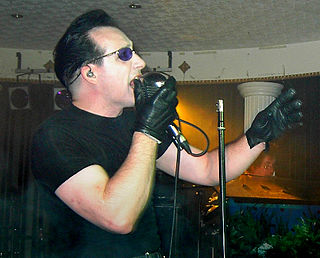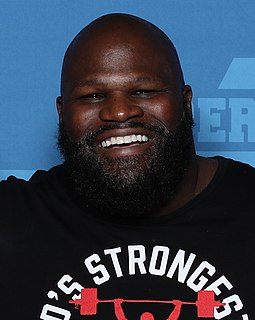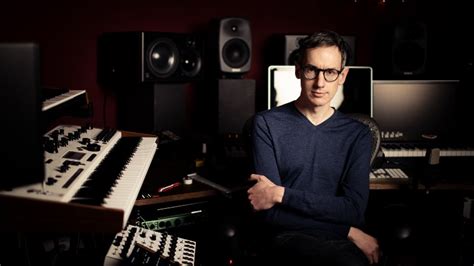A Quote by Afrika Bambaataa
Record industry's not so much against artists, but certain people are just wicked people that sit up in the industry who go against the artist. The thing is, if you're in the recording business, where's our health benefits? Where's the royalties from when you put stuff on labels in different countries? And now, with all these 500 cable channels, you want your mechanical royalties, your licensing. There's so much technology that you've got to stay on top. They always try to tell you, "Oh, don't worry about the business side, just do the music."
Quote Topics
About
Against
Always
Artist
Artists
Benefits
Business
Cable
Certain
Channels
Countries
Different
Different Countries
Go
Got
Health
Health Benefits
Industry
Just
Labels
Licensing
Mechanical
Much
Music
Now
Oh
Our
People
Put
Record
Recording
Royalties
Side
Sit
Stay
Stuff
Technology
Tell
Thing
Top
Try
Up
Want
Wicked
Worry
Your
Related Quotes
I have always considered myself a fast learner. I try to retain and absorb as much information and knowledge about the [music] business as I can. I don't want to just sit back and have other people do the hard work for me. I try to be involved in every process of my career as possible. I run my own social media, record, and try to vocal produce myself as much as possible, write my own songs, style myself, and learn the business side. If I didn't do acting or music, I was going to school for business. God has put me on this path and I can honestly say I wake up every day doing what I love.
There is a terrible thing that's been happening probably for the last 20 years or so and it's called the music business. And music isn't really business; it's work and you got to pay and you've got to buy your guitar or go into the studio. So there is a business side but when people say, "I'm going into the music business," it's not. It's about expression. It's about creativity. You don't join music, in my mind, to make money. You join it because it's in you; it's in your blood stream.
Unfortunately, you don't get artist development anymore. Record companies have become a huge corporate thing. It used to be you'd meet someone [in the business] and they'd have a little history of music. Some people in the companies now don't even like music. It's just a job. So I miss the days when someone would go out on a limb and pick a band that was different. I just don't see that anymore. It's the same with the film industry.
Some guys that know me from when I was a kid say "My son, oh he's just like your father." It's just a natural part of our lives. But, within the music industry and within the industry of the critiques of music, where it becomes "Ziggy's music is not as good as Bob's music," I don't understand. But I don't really pay much attention to that because I'm just expressing myself.
The music industry is so fickle, there's so many politics. I think a lot of people don't pay attention to the credits or the artistry no more. I think there's so much concern about what's going on right now instead of the actual artistry. But that's how the record business is, but for acting, I got that covered.
Ability to download music for free might not be positive for the artists to get royalties, but in some ways it's still good that people can get your music, and hopefully in the course of that, people will want to see you live, around the world shows. It might get you to where you get to travel all over the planet. 'Cause now people are hungry: "Oh, I wanna see this guy, I wanna hear this music live, I wanna see if they're gonna remix it or funk it up differently when I see them."



































